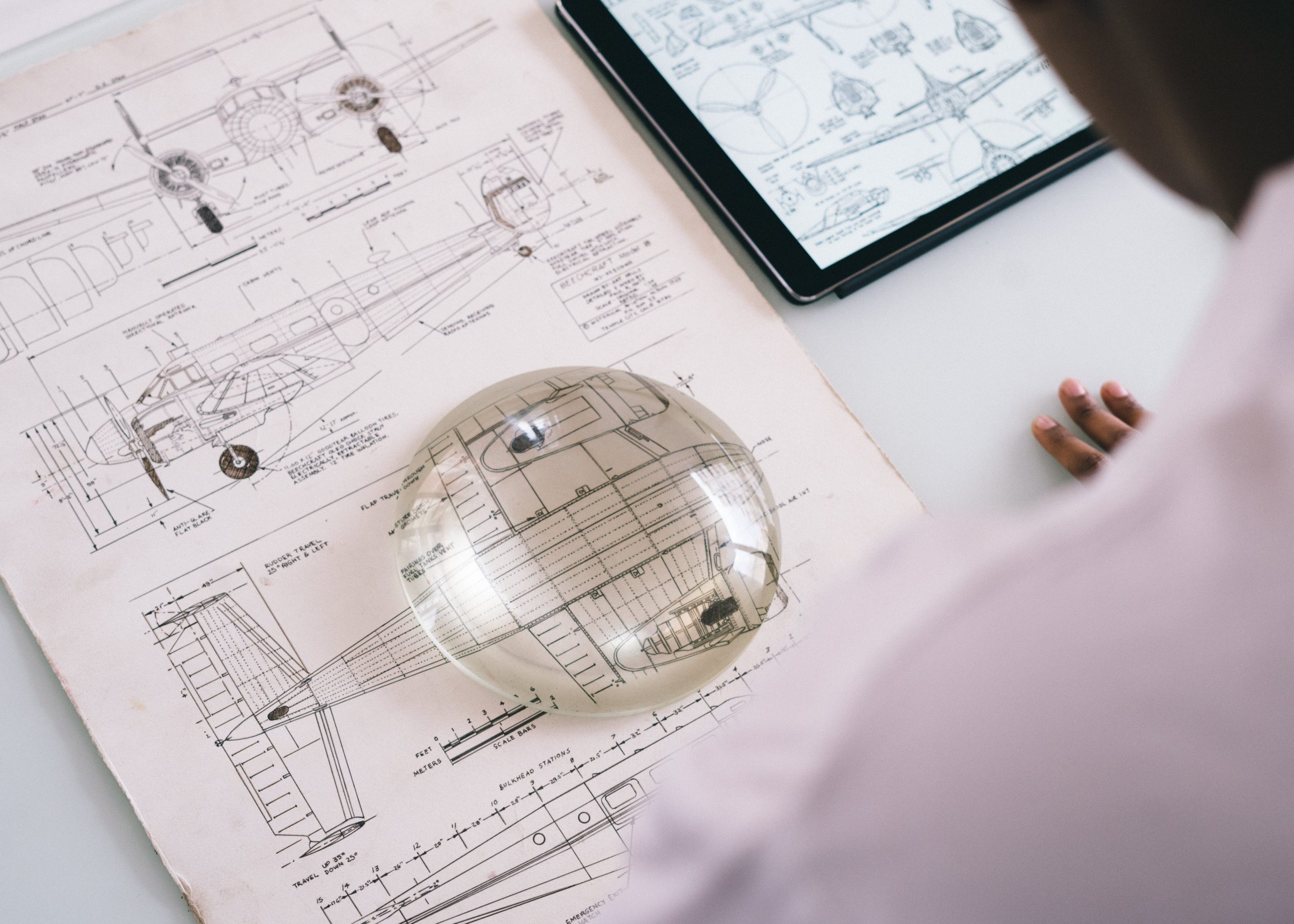For EMBL fellows
Further internal resources (e.g. library of recorded career talks) can be found on our intranet pages.
Career guidance for early career researchers in the life sciences and related fields
Patent law and technology transfer are career areas that allow you to work at the forefront of science, drafting/reviewing documentation that describes new inventions in your field according to the procedures set up by patent offices, or working towards translating academic research into commercial applications
Patent attorney: works closely with inventors to prepare the documentation necessary to apply for patent protection, manage the approval process, and instigate proceedings against infringements of patent protections. To be a patent attorney, you have to pass the relevant national/European qualifications. However, you do not need to qualify before starting work in this area: companies hire directly from scientific undergraduate and graduate programmes – and will also consider applications from postdocs. New hires work in a trainee role, supporting the qualified patent agents/attorneys in their work and receiving the necessary training to qualify as a patent agent/attorney. In the US, a legal degree is required for some advanced aspects of patent work (e.g. to represent a client in court); many US companies will also sponsor the completion of a part-time law degree for their patent agents. In Europe, trainees take national/European qualifying exams, and a law degree is not required.
Patent examiner: work at the national or European patent offices rather than for a client. They look at the patent applications submitted by the patent lawyer’s office, judge whether the patent meets the criteria, and assess patent infringements.
Technology transfer/IP specialists: technology transfer helps bring academic research with commercial potential to the market. Technology transfer offices in universities and research institutes evaluate the commercial potential of research and technologies, coordinate IP protection for innovations (e.g. patents), and support the development towards the market through the establishment of spin-off companies or partnerships/licensing with industry. Technology transfer offices offer various roles that coordinate and manage these activities. These typically work closely with scientists/inventors in academia, external IP professionals (e.g. patent lawyers) and/or industry stakeholders. Some roles specialize in specific areas, e.g. on IP protection or in business development (building up connections with relevant stakeholders e.g. in pharma and biotech – please see our Business development post).
Patent attorneys, generally work in private law firms, which are set-up like lawyer’s offices – with partners that own the company and more junior staff who are employed. PhDs and postdocs usually start in a trainee role (sometimes also called “technical assistant”), and these do not need any additional experience. After getting qualified you typically become an associate, and over time it is expected that you will build the necessary experience to work autonomously. When you are more experienced, you can get promoted to more senior roles and eventually become a partner. Some patent attorneys also move to become an in-house patent attorney in industry, or in the tech transfer offices of large universities or research institutions.
In technology transfer, there are a range of roles that are possible to enter directly from a PhD or postdoc. Internships may also be offered.
Broad scientific knowledge and strong critical thinking skills are required to understand a range of technologies, and the implications of specific features/prior cases for patent protection. Those working in this field must be able to sift through large volumes of information quickly to find relevant points, and have a strong eye for details. For patent lawyers, the ability to write precisely is also required – patents need to be written such that they are specific enough to be granted, but broad enough that competitors can not easily produce a similar product that does not breach the patent.
The European Patent Office has three official languages: English, French and German. When applying for posts at the European patent office, there are therefore specific language requirements. European companies also might require you to speak at least two of the three languages when applying to patent attorney roles, and/or invest time in language training during your traineeship.

Patent law
Technology transfer
We highly recommend learning more about the careers using the resources above, then conducting informational interviews to gain further insights directly from former PhDs working in career areas that interest you.
Further internal resources (e.g. library of recorded career talks) can be found on our intranet pages.
In this blog post, Erminia Rubino shares how she made the transition from a PhD in the life sciences to a career in innovation and technology.
Camille Terfve tells us about her career as a patent attorney, and how scientists can enter roles in patent law.